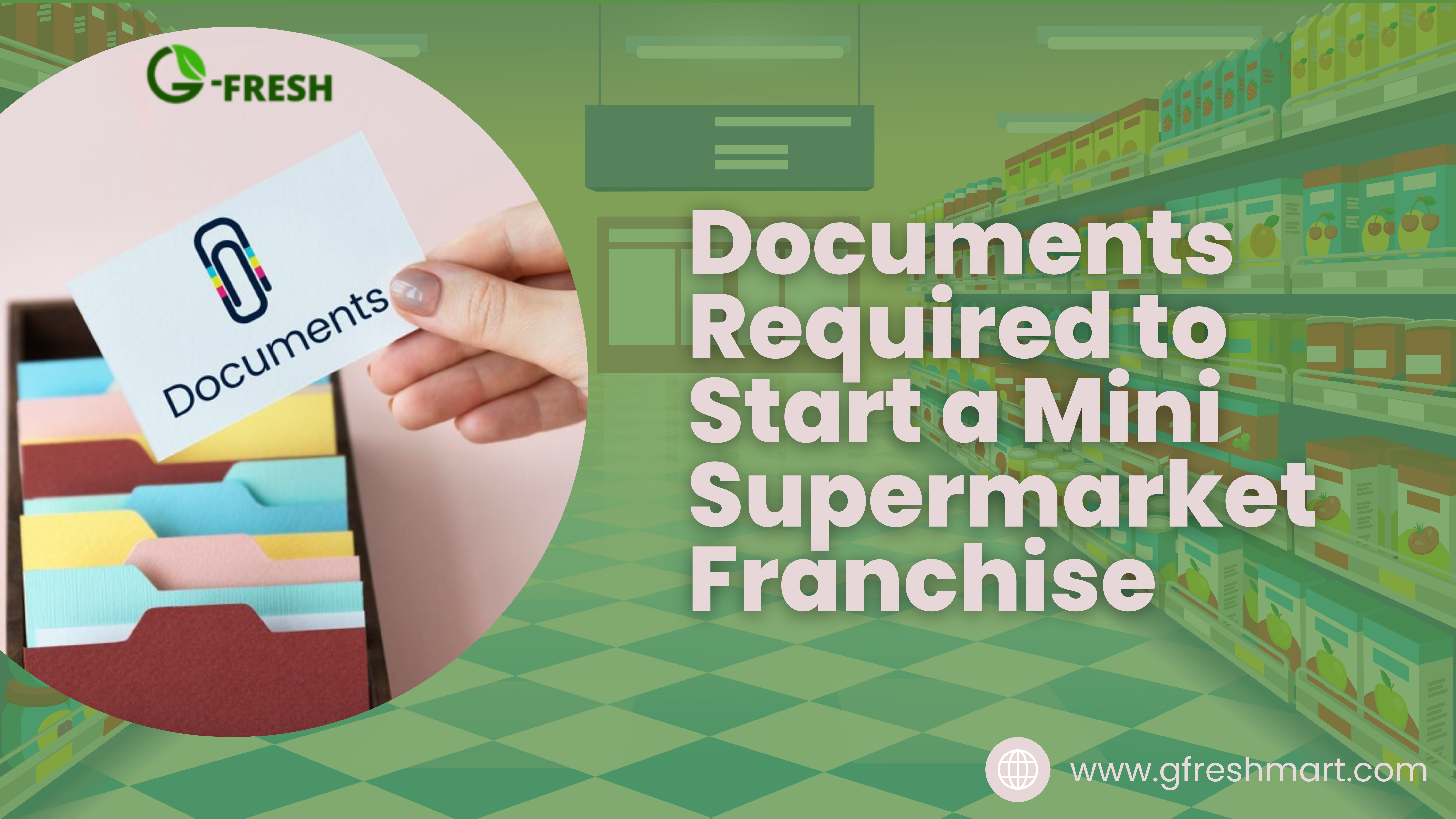To start a mini supermarket is a viable option for entrepreneurs who can thrive and contribute to the natural world.
This can be done by engaging in extensive market study, putting an effective operational framework, using an effective marketing strategy, and sustaining outstanding financial analysis and management.
Long-term achievement will be established on a foundation of convenience, high-quality products, and excellent customer service.
Increasing demand for quick and efficient purchases of customers contributes to the retail industry’s growth and the mini supermarket business plan’s steady increase.
How To Plan For A Mini Supermarket Franchise
A mini supermarket business plan’s sustainability is contingent upon having an organised operational strategy.
Selecting a suitable location is important. The convenience of customers must be granted first priority in the design and structure of a shop, providing an organised layout that aids discovery and boosts the entire shopping experience, all of which increase return businesses.
Choosing goods is also important and providing excellent services to customers needs investing in the hiring and training of skilled staff.
HDesigning a memorable logo, selecting colours, and plainly expressing an objective statement are each vital elements for creating a great brand identity.
Engagement can be enhanced by doing local advertising, online promotions and community gatherings.
Unique offers and loyalty programs can inspire customers.
A main component of the mini supermarket business plan is financial forecasts that provide a road map for sustainability and liquidity.
The first phase is defining the initial expenses including items like leasing the area, renovating it, procuring goods, purchasing equipment, and putting marketing plans to action.
Creating profits and losses projection gives information on expected income, costs, and profits, allowing for adjustments.
To Start a mini supermarket, a selection of products to everyday needs has to be decided.
The product range should be a balance of all popular consumer basics such as bread, milk, eggs, snacks, and toiletries and also, items that appeal to the local market.
Effective marketing and customer acquisition is important to start a mini supermarket for attracting and retaining customers.
Social media platforms are the most powerful tools to promote discounts like “buy one, get one free” or discounts , coupons, new products, and special events, online ordering and delivery services.
Loyalty programs or discount cards can also be a plus and customers can stay loyal.
Advantages of a supermarket franchise includes the opportunity to operate in an established business model which helps attract customers quickly and build loyalty.
One of the biggest reasons for the success of supermarket franchises in India is the easy market entry for competitors.
One of the primary challenges is the high initial investment, which includes the franchise fees, building costs, inventory, stocks, and expenses that can initially be a financial burden.
Franchisees are heavily based on the decisions and policies of the owner wherein they have limited control over the business.
Being aware about the competitors in the nearby locations and market is also needed for the business.
Below are the list and details of documents required to start a mini supermarket:
Also read: How To Start A Mini Supermarket Franchise?
1. Franchise Application Form
This form is provided by the franchisor which asks for basic information about business experience, financial background, and motivation for choosing their franchise which is the first step in the application process.
It helps the franchisor if he thinks and finds you as a suitable person or entity who can run one of their stores efficiently and effectively.
2. Franchise Disclosure Document
It is highly critical to thoroughly go through the document before signing the same with the involvement of a legal advisor who can guide on the same.
This document has critical, confidential and important information about the franchise including the history of the owner, disputes related to legal formalities, financial performance, and the terms and conditions of the agreement.
It is to protect franchisees by being transparent and providing 100% clarity.
3. Agreement
The agreement is a document which is legally approved which has all the terms and conditions and also includes details about the tenure of the term, franchise fees, royalty fees, marketing, training obligations, and other operational guidelines and code of conduct.
4. Financial Stability Documents
Franchisees must demonstrate their ability to finance the mini supermarket franchise. Financial documents typically required include:
- Bank Statements
- Tax Returns
- Credit Reports
- Personal Net Worth Statement
5. Business Plan
A detailed business plan ensures the long-term success and the financials of your mini supermarket franchise. The plan should include:
- Market Analysis
- Sales Forecast
- Marketing Strategy
- Operational Plan
- Financial Projections
Check out this: Importance of Professional Nursing Services for Home Health in Houston, Texas
6. Property Documents
Location is key for which the agreement should include:
- The length of the lease.
- Rent amount and payment terms.
- Conditions related to property maintenance and modifications.
7. Insurance Coverage
Common insurance policies required for a mini supermarket franchise include:
- Liability Insurance
- Property InsuranceWorkers’ Compensation Insurance
- Product Liability Insurance
8. Tax Identification Number (TIN)
Tax Identification Number is another important document for filing business taxes, for hiring employees and recruitment activities, and conducting any other business-related activities just like GST.
9. Business Licences and Permits
Depending on the location of the mini supermarket, we need to obtain several local permits and licences. These include:
- Business Licence
- Food Handling Permit
- Health Department Inspections.
- Local Authorities Permit
10. Employee Terms and Staff Policies
There has to employee-related documents in any of the business or entities, including:
- Employment Contracts and Terms and Conditions
- Employee Handbooks and Policies and Procedures
- Background Checks
11. Trainings
Most franchisors provide training programs for new businesses and brands. Documentation showing completion of this training could be required as part of the initial setup process.
In conclusion, Starting a mini supermarket franchise requires a variety of documents to ensure compliance with legal, financial, and operational requirements.
These documents not only ensure that they meet the legal and financial requirements but also demonstrate commitment to adhering to the operational guidelines decided.



